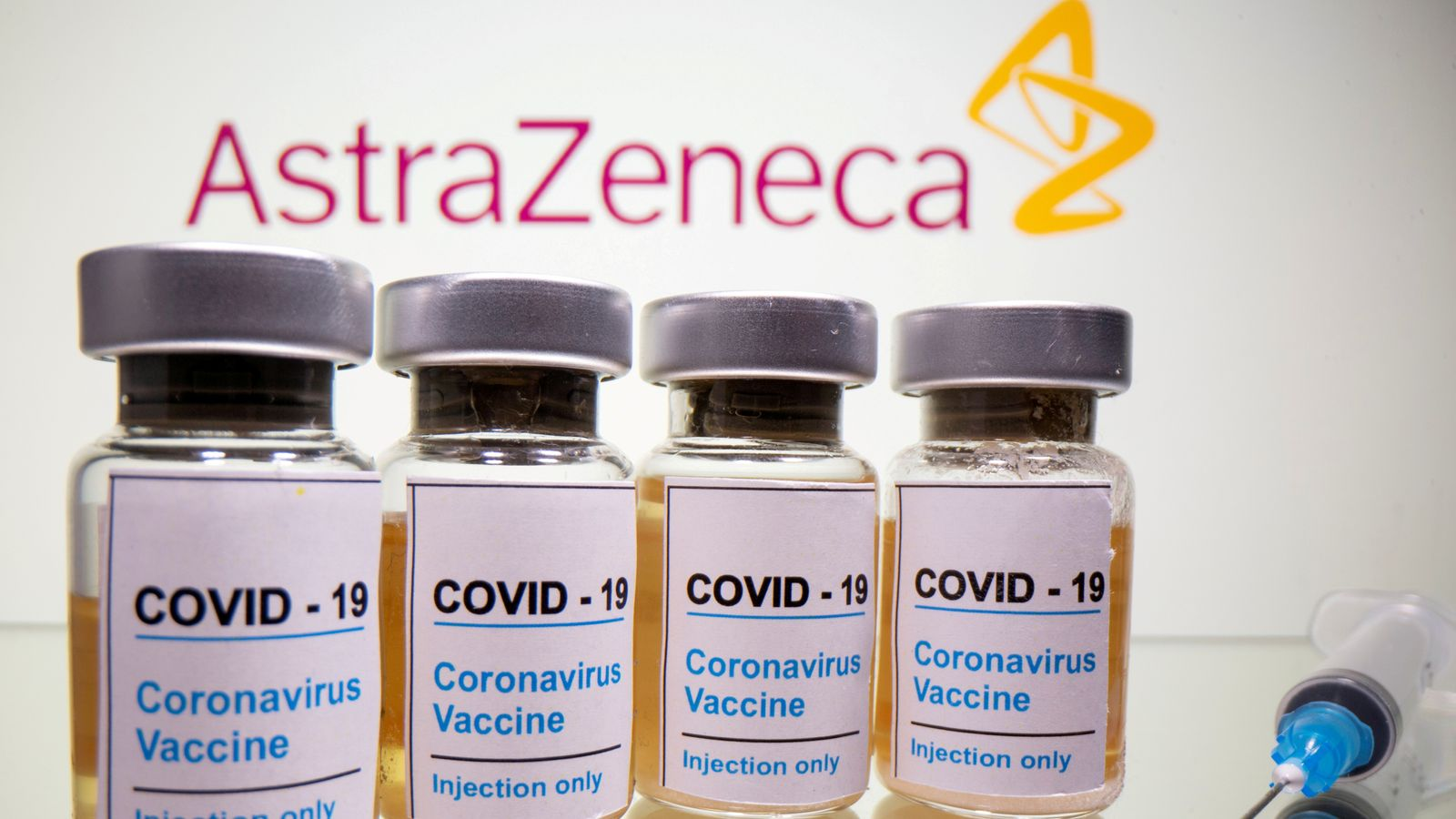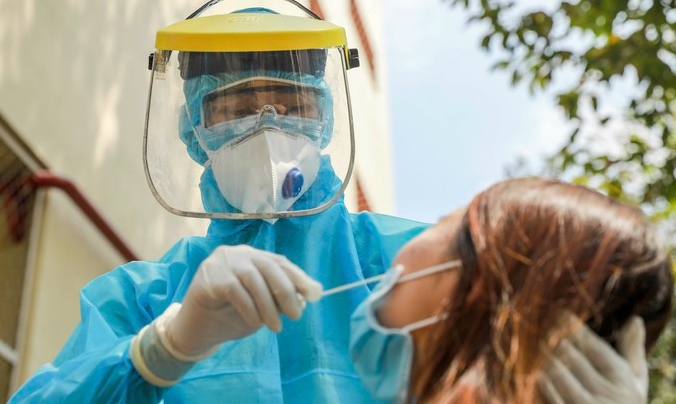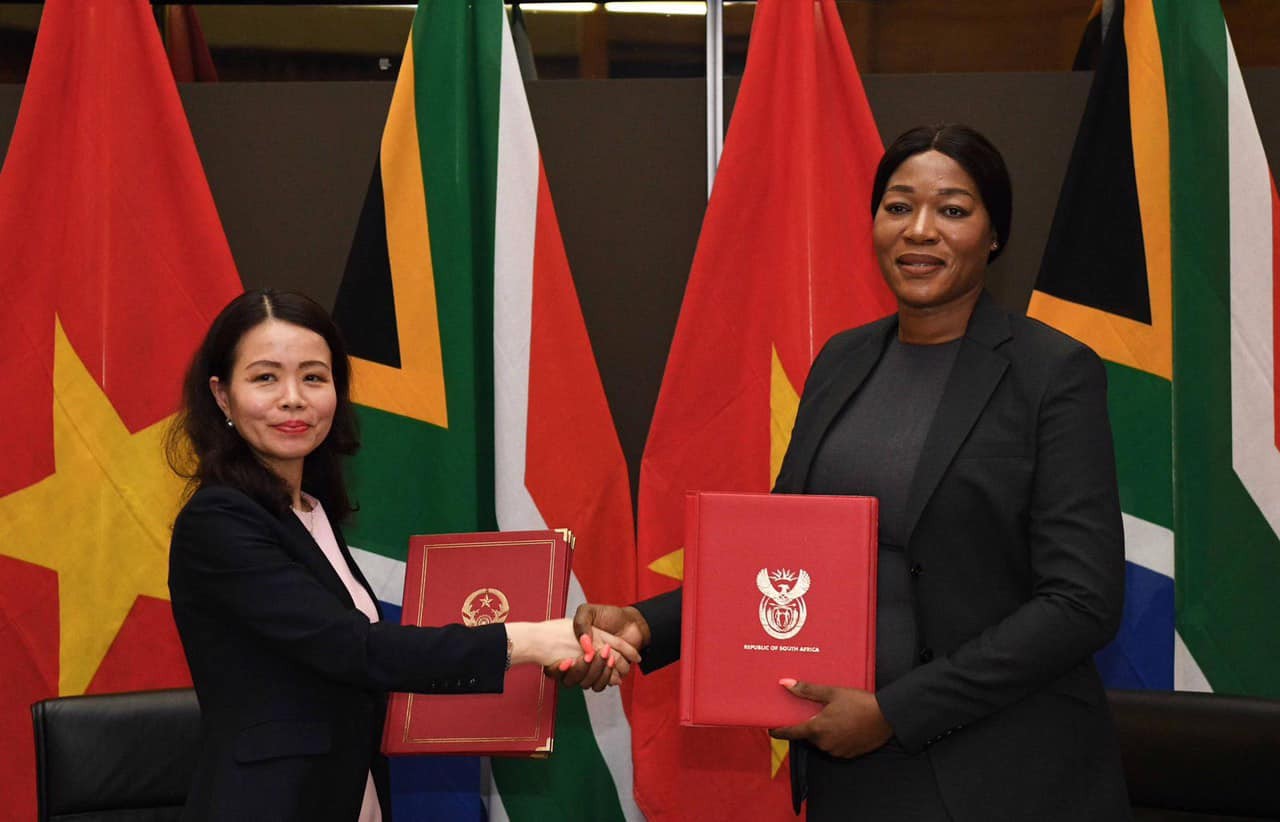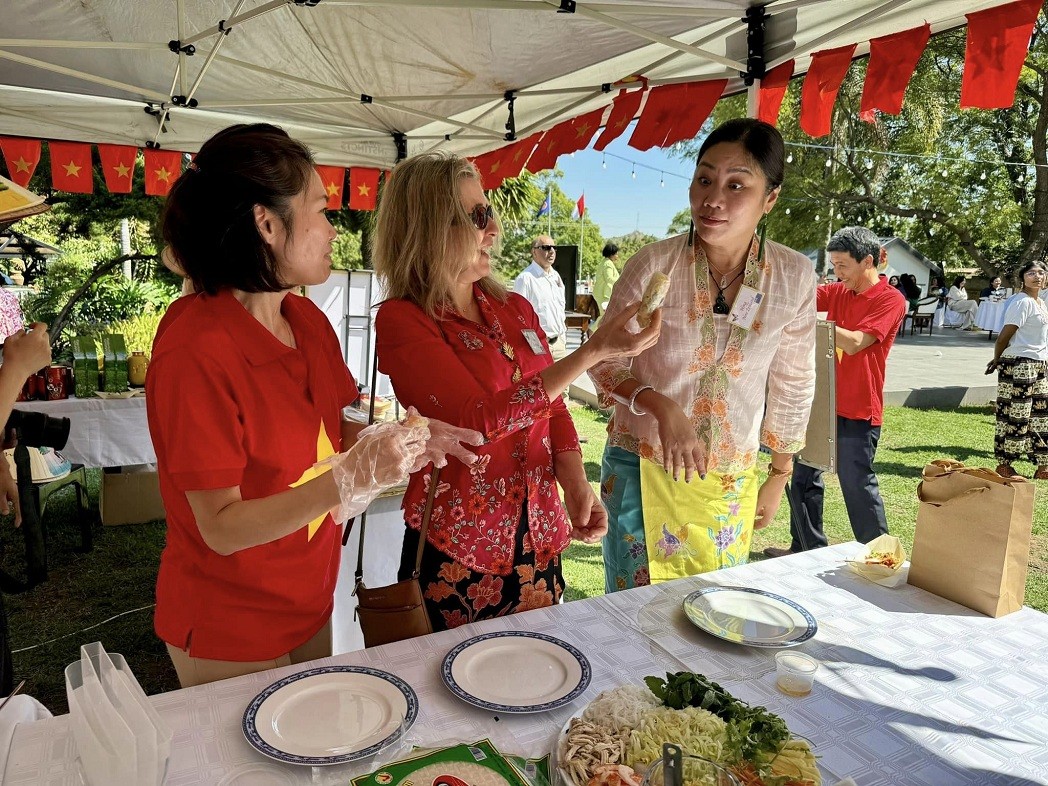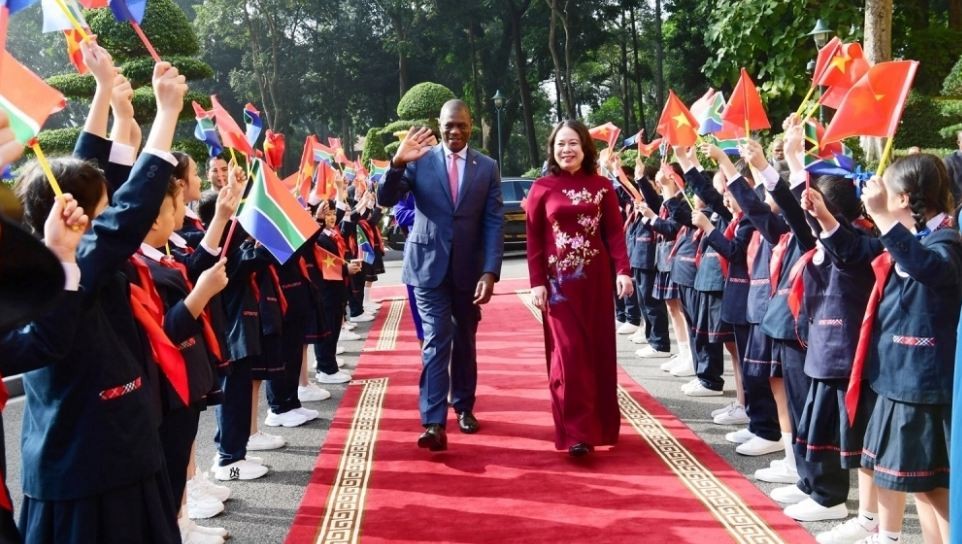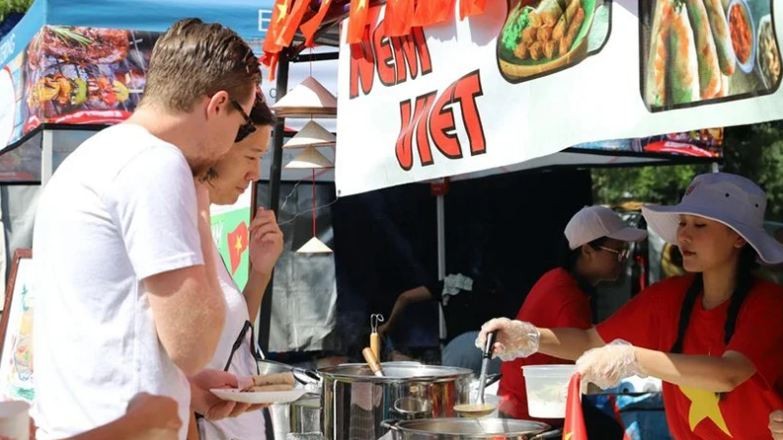South Africa's vaccine shots delayed and growing concerns of vaccine's effectiveness
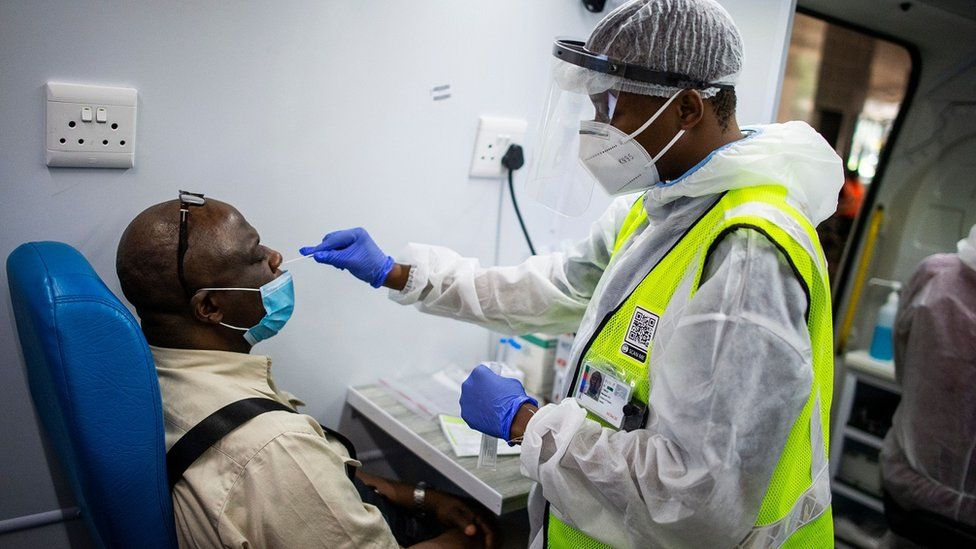 |
| South Africa has the highest number of infections in Africa (Photo: AFP) |
South Africa is scrambling to find a new strategy to fight Covid-19 after suspending vaccinations using the Oxford/AstraZeneca jab just a week after the country received its first 1m doses.
According to the Guardian, preliminary data indicated that the jab had only 10% efficacy in preventing mild or moderate infections by the new variant now dominant in the country, which has suffered more than 46,000 Covid deaths so far according to official figures, and many more according to excess mortality data.
Prof Salim Abdool Karim, co-chair of the ministerial advisory committee on Covid-19, told a World Health Organization briefing that South Africa now planned to give 100,000 people the Oxford/AstraZeneca vaccine to ascertain how well it protects against severe disease, hospitalisation and death caused by the variant.
Karim said that if the numbers admitted to hospital with severe Covid after the Oxford/AstraZeneca jab were higher than they would expect, “then we need to look at alternatives”.
South Africa has so far secured a total of twenty million doses, due to be delivered in the first half of 2021, according to President Cyril Ramaphosa.
However, it appears that the bulk of these vaccines won't be available for several months and there has been criticism that the government has been too slow to act.
Apart from bilateral deals with manufacturers, South Africa is sourcing vaccines from the World Health Organization-backed Covax scheme, as well as through an African Union programme, BBC reported.
Covax is a global initiative in which countries pool their resources to support the development of vaccines with a view to ensure that all countries receive a fair supply of effective vaccines.
South Africa expects to acquire doses for around 10% of the population through Covax and has been told it will receive them from April through to June.
The African Union established the African vaccine acquisition task team last year to source vaccine doses for the continent.
Could South Africa have got vaccines sooner?
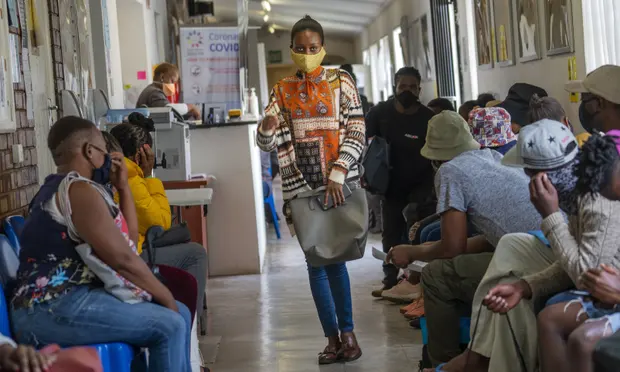 |
| Volunteers at a vaccine trial facility in Soweto in November. Photograph: Jérôme Delay/AP |
There's been concern that many poorer, less-developed countries are being left behind in the global competition to secure vaccine supplies.
However, critics suggest that South Africa - as the richest country in Africa - should not be in this position.
"The stunning reality is that [South Africa] has neither a secured vaccine supply nor a plan for mass inoculation in the foreseeable future that can withstand scrutiny," says the Progressive Health Forum, a group of leading medical experts in the country.
The opposition Democratic Alliance has called on the government to give full details of its negotiations with vaccine suppliers, accusing the government of "dropping the ball".
According to BBC, it claims the government only started to talk to vaccine suppliers in early January.
And it's also emerged that South Africa will pay more than twice the price for AstraZeneca vaccines than countries in Europe.
What does the government say?
The government has faced weeks of growing anger over apparently tardy efforts to obtain vaccines, and sought to regain a measure of flagging public trust.
According to The Guardian, state broadcasting networks broadcast the arrival of the first batch of Oxford/AstraZeneca doses from India live. The president, Cyril Ramaphosa, and ministers were at Johannesburg’s airport to attend a welcome ceremony.
“People are just saying: what a silly bungle. If anything can go wrong it will go wrong,” said Mathekga.
The vaccines were destined for health workers, hundreds of whom have died. South Africa has recorded almost 1.5 million cases of Covid since March.
Officials said on Monday that health workers would be vaccinated as planned, but with an alternative vaccine from Johnson & Johnson which has been shown to have efficacy against the new variant.
The AstraZeneca vaccine was trialled in South Africa last year on 2,000 participants between 18 and 65 years old, and showed very positive initial results.
However, the trial was completed before the new variant spread in November and December, leading to a massive second wave of infections.
This second wave came close to overwhelming the local healthcare system and killed many tens of thousands of people, excess mortality data suggests. Scientists say a third wave as the southern hemisphere winter arrives in May is likely and that the vaccination of as many people as possible before then is urgent.
Confidence in the authorities has already been shaken by a lack of transparency surrounding decision-making, controversial measures to restrict the spread of the virus and allegations of systematic corruption. One watchdog is investigating 13.3bn rand (£650m) in state spending on Covid contracts for PPE, quarantine sites, disinfecting equipment and other goods and services for alleged corrupt procurement.
There are fears that the news about the Oxford/AstraZeneca vaccine will fuel widespread vaccine hesitancy. One January poll by Ipsos found that only 51% of South Africans would agree to get a coronavirus vaccine – a 17-point drop since October. But another survey by the University of Johannesburg suggested 67% of respondents were willing.
There is growing evidence that the 3.7 million cases and 95,000 deaths from Covid-19 in Africa may be a significant underestimate, deepening concerns that tens of thousands could die in the coming months if enough vaccines are not made available.
The 501Y.V2 variant first identified in South Africa has been found in Botswana, Ghana, Kenya, Comoros, Zambia and in 24 non-African nations, the World Health Organization has said.
“The variant … has spread quickly beyond Africa, and so what’s keeping me awake at night right now is that it’s very likely circulating in a number of African countries,” said Dr Matshidiso Moeti, the WHO regional director for Africa.
Only six countries in Africa have received vaccines, in relatively small quantities.
Dr Anban Pillay, deputy director-general at the Ministry of Health, says the country was in touch with manufacturers as far back as last September.
"There have been various conversations through the better part of last year," says Dr Pillay.
"The vaccines that most of the other countries have procured are vaccines that may not be ideal for South Africa from various perspectives," he has said.
He says the Pfizer/BioNTech vaccine wouldn't be appropriate for mass vaccination, often in remote rural areas, due to its storage requirements of -70C.
And he points out that the ministerial advisory committee advised against using this vaccine.
"We were waiting for the other vaccines that we can use as a mass rollout campaign, and those vaccines had not come through the production line yet," he said.
He also says some countries have gone ahead with some vaccines without completed clinical trial data, which wouldn't be allowed by the regulator in South Africa, according to BBC.
The government says it couldn't have signed deals early without knowing whether the vaccines were safe and effective, as this would have been in contravention of national financial laws.
"In terms of our public funds, we're required to invest in a product once we understand that the product works," Dr Pillay says.
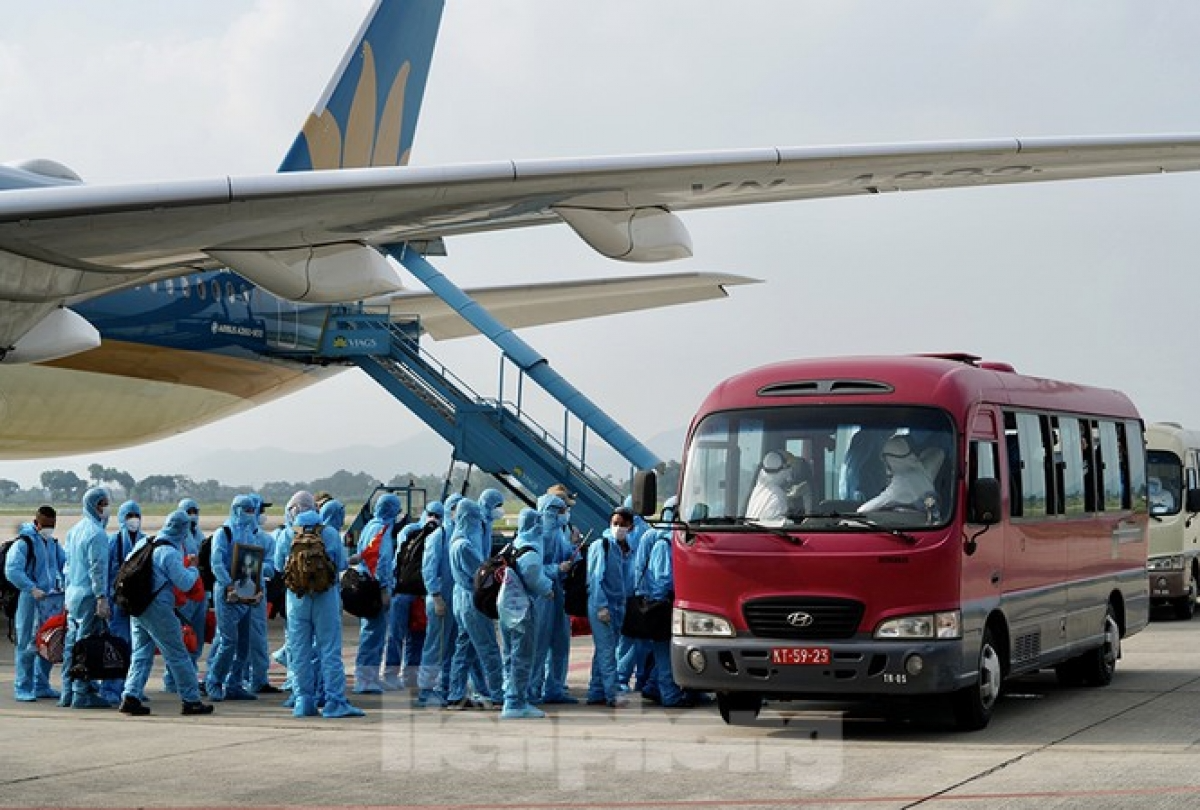 | Vietnam officially halts licensing flights from UK and South Africa over Covid-19 Vietnam officially suspends licensing inbound flights from countries and territories where the new variant of SARS-CoV-2 infection and the situation of the Covid-19 pandemic is ... |
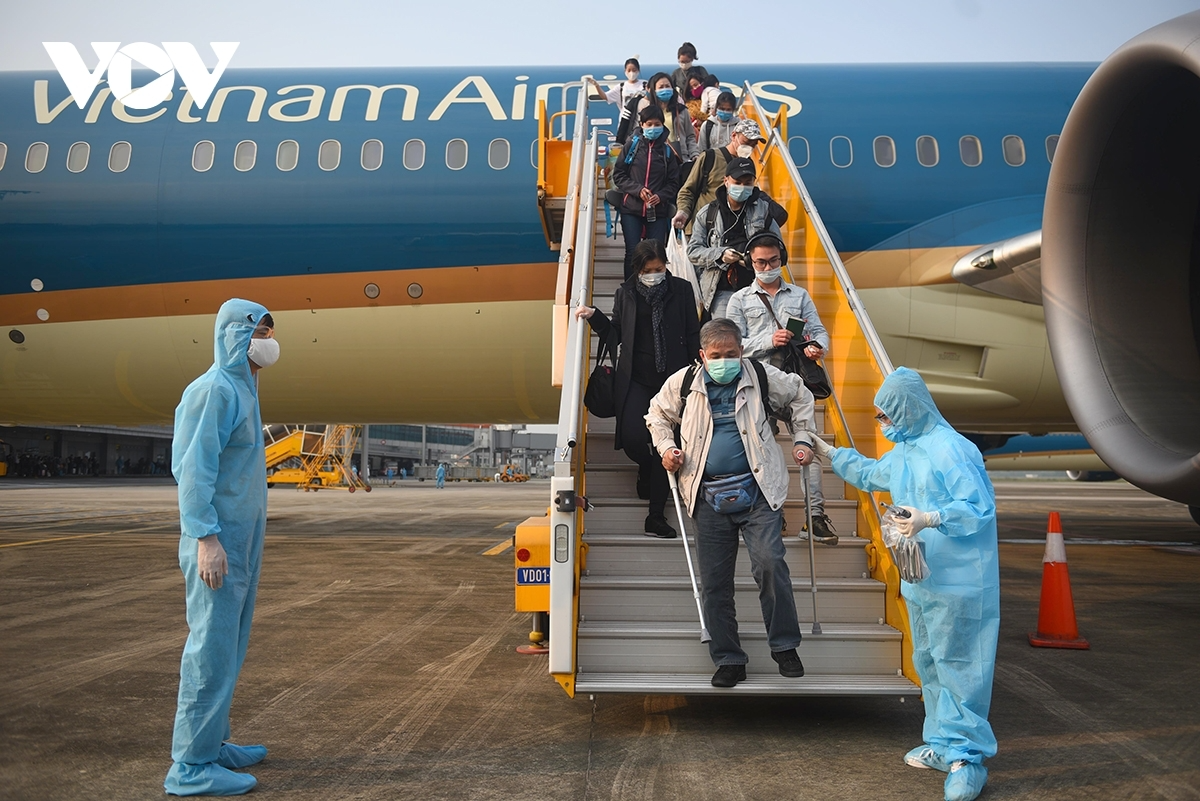 | Vietnam suspends flights arriving from countries with new Covid-19 variant Vietnamese Prime Minister Nguyen Xuan Phuc has requested to suspend inbound flights from countries and territories where the new Covid-19 mutation has been detected such ... |
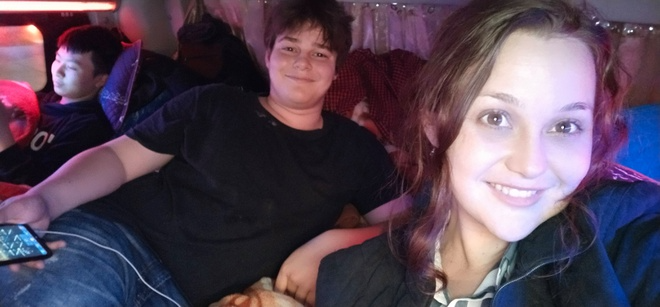 | Willing Vietnamese driver helps South African’s visitors find lost bag despite language barrier Despite speaking a different language, a Vietnamese taxi driver did willing to help the South African mother and her child find their bag mislayed on ... |
Recommended
 World
World
US, China Conclude Trade Talks with Positive Outcome
 World
World
Nifty, Sensex jumped more than 2% in opening as India-Pakistan tensions ease
 World
World
Easing of US-China Tariffs: Markets React Positively, Experts Remain Cautious
 World
World
India strikes back at terrorists with Operation Sindoor
Popular article
 World
World
India sending Holy Relics of Lord Buddha to Vietnam a special gesture, has generated tremendous spiritual faith: Kiren Rijiju
 World
World
Why the India-US Sonobuoy Co-Production Agreement Matters
 World
World
Vietnam’s 50-year Reunification Celebration Garners Argentine Press’s Attention
 World
World

